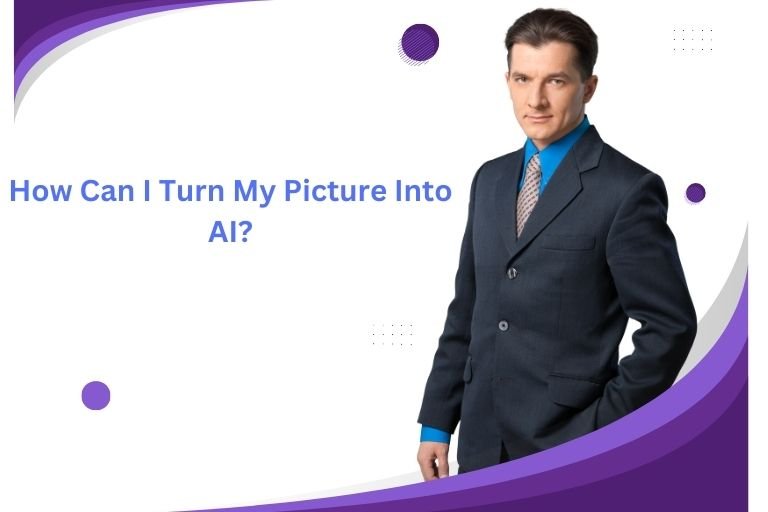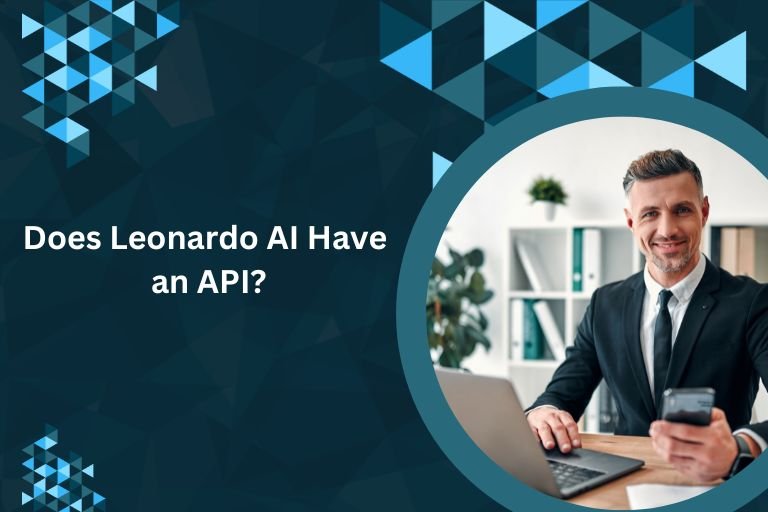Are Deep AI Images Copyrighted?

Artificial intelligence (AI) has revolutionized various sectors, including the art world. One of the most intriguing developments is the creation of AI-generated images. These images, produced by algorithms and deep learning models, have raised significant legal and ethical questions, particularly regarding their copyright status.
Are Deep AI Images Copyrighted?

The copyright status of deep AI images is currently uncertain and subject to ongoing legal debates. Here are the key points to consider:
No Clear Precedent
Lack of Established Legal Precedent :Currently, there is no established legal precedent for the copyright of AI-generated images. This absence of clear guidelines results in inconsistent approaches to the copyrighting of these images, with some companies claiming ownership while others release them into the public domain.
Varied Approaches to Copyright
- Companies Claiming Ownership: Some companies argue that the AI-generated images produced by their algorithms are their intellectual property.
- Public Domain Releases: Others choose to release these images into the public domain, citing the collaborative nature of AI development.
Authorship
Who is the Author?

The question of authorship is central to the debate on AI-generated images. Should the AI itself be considered the author, or does the credit go to the human who created or programmed the AI?
Arguments for AI as Author
Proponents of recognizing AI as the author argue that the creative process, although initiated by humans, is carried out independently by the AI, thus meriting recognition.
Arguments for Human Authorship
Others contend that without human intervention—programming, training, and guiding the AI—the images would not exist, thus the human creators should be credited.
Fair Use
Transformative Purpose
Even if AI-generated art is based on data scraped from copyrighted works, it often transforms these elements into something new and unique. This transformative purpose could allow it to fall under fair use protections.
Legal Interpretations of Fair Use
- U.S. Perspective: In the U.S., fair use includes considerations of whether the new work is transformative, non-commercial, or does not impact the market value of the original work.
- International Perspectives: Other countries may have different interpretations and standards for what constitutes fair use.
U.S. Copyright Office Guidance
Human Involvement Requirement
The U.S. Copyright Office has stated that works containing AI-generated content are not copyrightable without evidence of human involvement. This means raw AI outputs without human modification or intervention are not protected.
Implications for AI Art
This guidance implies that for AI-generated art to be eligible for copyright protection, there must be a significant degree of human creativity involved in the creation process.
Training Data
Role of Training Data
AI models are trained on vast datasets, including text and images. The output of these models can sometimes resemble a collage of the training data rather than direct copies, raising questions about the ownership of the generated content.
Ethical and Legal Concerns
- Data Sourcing: Concerns about the legality and ethics of using copyrighted images for training AI models.
- Derivative Works: Whether the AI-generated images should be considered derivative works of the training data.
Lawsuits
Ongoing Legal Battles
Various lawsuits have been filed regarding AI-generated content, focusing on issues of copyright infringement and the rights of original content creators.
Potential Impact on Legal Landscape
These cases will likely set important precedents and help shape the future legal framework for AI-generated images.
How Different Countries Approach AI-Generated Image Copyright
United States
- Copyright Office Stance: The U.S. Copyright Office does not recognize AI-generated images as copyrightable unless there is clear human authorship.
- Court Decisions: U.S. courts have rejected copyright applications for AI-generated images, emphasizing the necessity of human creativity.
China
- Court Rulings: The Beijing Internet Court ruled in 2022 that an AI-generated image could receive copyright protection, meeting the standards of originality and intellectual achievement under Chinese law.
United Kingdom
- Legal Framework: The Copyright, Designs, and Patents Act of 1988 provides protection for computer-generated works, which may support the copyrightability of modern AI-generated works.
India
- Recognition of AI Authorship: In 2021, the Indian copyright authority recognized the RAGHAV Painting App as the author of a specific artwork, SURYAST.
Canada
- Co-Authorship Registration: The Canadian Intellectual Property Office registered RAGHAV as the co-author of the artwork SURYAST in 2021, marking a significant step in acknowledging machine-generated content.
Japan
- Legal Amendments: Japan amended its copyright law in 2018 to allow data scraping for training machine learning models, favoring AI development.
Singapore
- Copyright Law: Singapore’s new copyright law in 2021 includes exemptions for copying data for computational analysis, supporting AI training.
Israel
- Fair Use Standards: The Israeli Ministry of Justice recognized that training machine learning models generally falls under fair use, citing U.S. court cases.
European Union
- AI Act: The forthcoming AI Act includes exemptions for text and data-mining operations, with opt-out provisions for rights holders.
Conclusion
The copyright status of deep AI images remains uncertain and evolving. While there is no clear legal precedent, ongoing debates and lawsuits will continue to shape the landscape. As different countries adopt various approaches, the global community will need to find a balance between encouraging innovation and protecting intellectual property rights.



